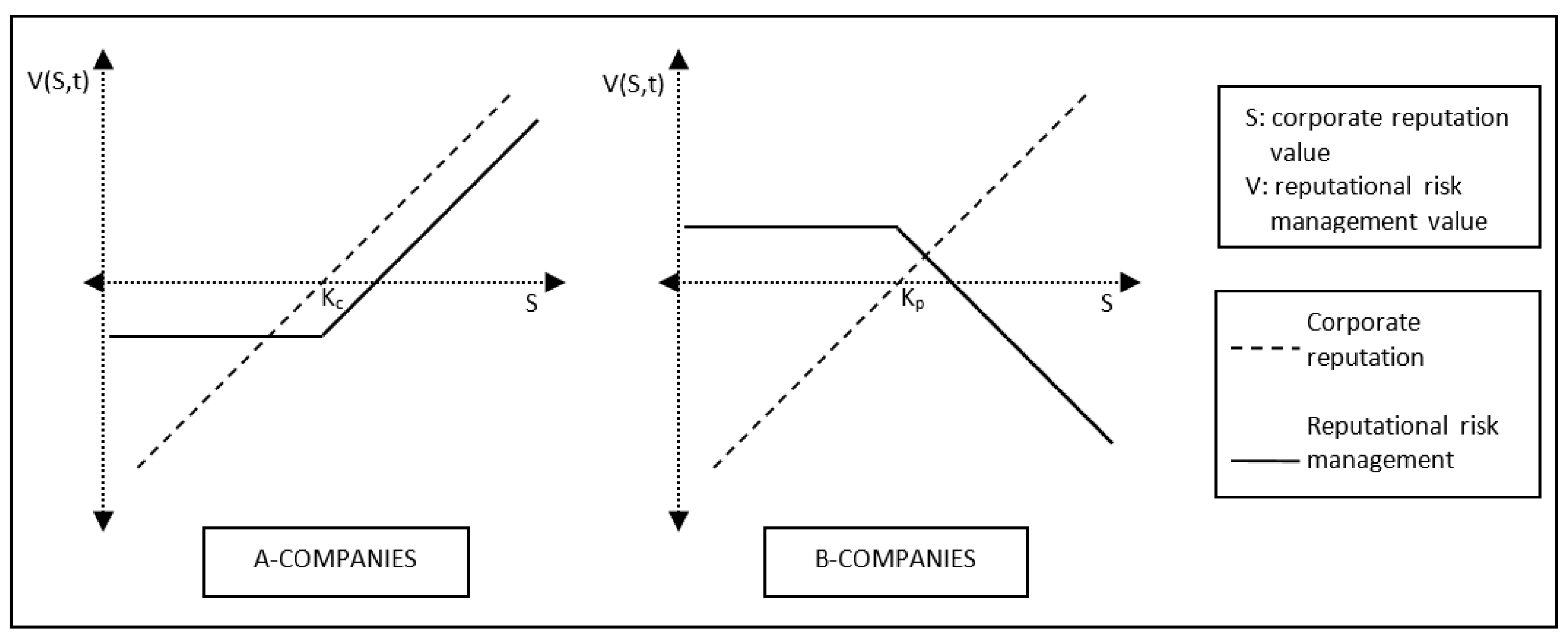
COVID-19 is a global pandemic and finding a vaccine for COVID-19 would be a boon to societal. The value would be enormous. One study found that the value would be more than 1.1% of GDP. Since global GDP is $87.7 trillion, the value of a vaccine would be nearly $1 trillion.
In a recent colloquium on from ICER on “Pricing in a Pandemic“, Peter Bach argued that the reputational benefits of developing a COVID vaccine would be large. Dr. Bach argued that social value of a COVID-19 vaccine is the maximum that should be paid for a vaccine, and one should likely pay less because of reputational benefits the pharma firm developing a vaccine would receive.
But are the reputational benefits of developing a vaccine likely to be large? I would argue ‘no’.
Consider the case of what would happen if Apple developed a vaccine. There likely would be a positive brand effect and Apple could charge more for their other products (e.g., iPhones) or even if they didn’t charge more they could sell more iPhones.
In pharmaceutical markets, however, neither of these benefits is likely to appear. First, dosing is regulated by the FDA. Even if that wasn’t the case, individuals typically don’t consume more of a medication conditional on taking them. Second, it is unlikely that reputational effects will allow a pharmaceutical firm to increase drug prices. Pharmaceutical prices are highly regulated and health insurers, payers and pharmacy benefits managers–rather than patients–negotiate prices and rebates. Thus, any reputational benefits that could accrue to patients, likely wouldn’t have much influence on these third party stakeholders.
Admittedly, There could be a positive effect in competitive markets where people may shift from one firms medication to the medication of the firm that developed a vaccine. This phenomenon, however, is only likely to have a major impact if the company has a large portfolio of treatments and if patients and physicians make treatment decisions of a current drug based on a drug company’s reputation rather than a specific drug’s safety and efficacy. This is not very likely.
In addition, the drug company’s reputation could actually be hurt from developing a vaccine. While some people would be very happy and appreciative of the company that develops a COVID-19 vaccines, others would argue that the pharmaceutical company is charging too much for the vaccine, even if the prices charged are modest and the cost/risks incurred to develop the vaccine are large.
A tangible benefit to pharmaceutical manufacturers is in employee recruitment. Individuals may be excited to work for a pharmaceutical firm that developed a COVID vaccine. It is unclear, however, how large a discount in salary workers would accept to work at a the firm that developed a COVID vaccine compared to one who did not develop a vaccine. Certainly there would be some benefit, but the magnitude is likely to be modest.
Conclusion
In short, while there clearly will be reputational implications for whichever firm (hopefully) discovers a COVID-19 vaccine, it is not at all clear that the reputational benefits will be large in magnitude or even positive in direction. Regardless, if one wants to price drugs based on value, reputational effects should not be incorporated into any value assessment for COVID treatment or prophylactic vaccines. Instead, the COVID vaccine’s estimated value to societal should determine the price under a value-based reimbursement scenario.